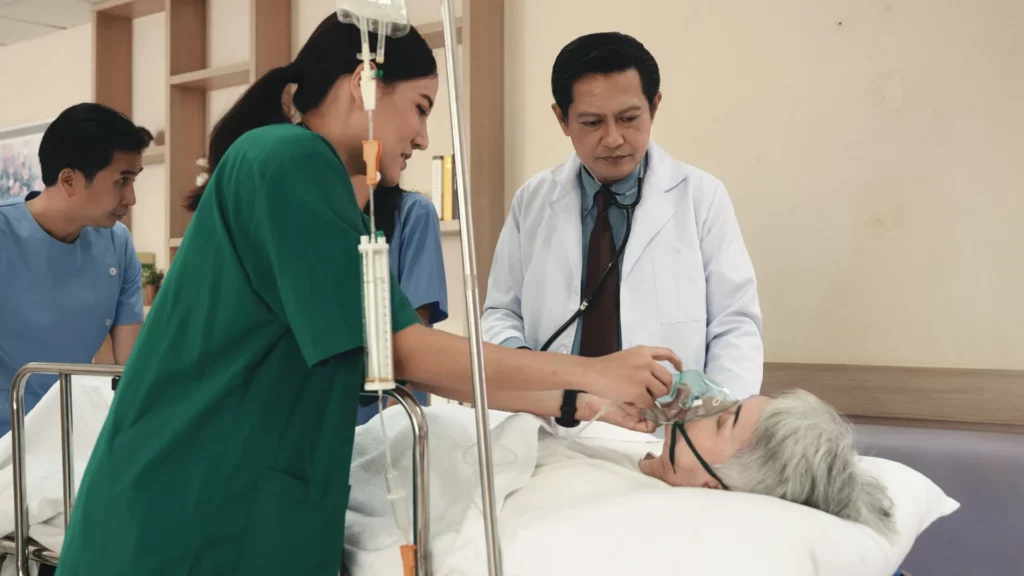In Hong Kong, the use of AI in healthcare has grown. It is used in public hospitals to analyze X-rays and produce medical reports, increasing productivity and reducing human error.
In recent years, artificial intelligence (AI) has grown significantly in Hong Kong’s public healthcare institutions.
The Hospital Authority (HA) of Hong Kong, which oversees the city’s 43 public hospitals and more than 120 outpatient clinics, places a significant emphasis on exploring AI use cases, particularly those involving Generative AI (Gen AI).
The use of Gen AI has been a game-changer in many industries, including healthcare, with its capacity to understand patterns in data to create original and creative content.
A top scientist from mainland China, who attended Harvard University and the University of Maryland in the United States before working at the University of Hong Kong for almost ten years, claims that Hong Kong has the potential to develop the most advanced artificial intelligence (AI) healthcare system in the world, utilizing the data of millions of citizens from the city’s public hospitals.
Professor Wang Haibo, director of the Research Centre of Big Data and Artificial Intelligence in Medicine at Sun Yat-sen University’s First Affiliated Hospital in Guangzhou, witnesses that Hong Kong has a public health data system, unlike anything he has seen in the United States (US) or Europe.
Wang stated during last month’s Asia Summit on Global Health that Hong Kong had the best chance to create the world’s most advanced AI medical system.
He added that Hong Kong is the only city to have a single technical platform system that generates medical and population data for the residents, referring to the clinical management system used by the 43 public hospitals in the city.
The Hospital Authority started the system in the 1990s, which contained at least 11 million patient records as of last year.
Wang stated that AI can assist in the management and treatment of various diseases and understand the pattern of patient’s health over time using the information available about them.
The AI can assist doctors with note-taking, and when the patient leaves, it can provide the patient with a summary of the doctor’s advice in layman’s terms or remind them to take their medications. It can help doctors focus on patient care and recovery and eventually assist in improving their health.
Wang claims that it offers Hong Kong the finest chance to dominate not just in Asia’s Greater China region but also globally.
To better use the data accumulated in the public health industry, HA launched the Big Data Analytics Platform in 2018, allowing academic researchers to access vast amounts of healthcare data for research and study.
In Hong Kong, the use of AI in healthcare has grown. It is used in public hospitals to analyze X-rays and produce medical reports, increasing productivity and reducing human error.
The development of AI tools for healthcare has been advancing on the mainland. Alibaba, a Chinese tech giant, claimed that its healthcare AI model had demonstrated the talents of a seasoned medical professional.
Just as cell phones have developed over the years to become an essential piece of technology, AI and Gen AI will also play a significant role in healthcare in the future.
Dennis Lee, Senior Systems Manager (Artificial Intelligence Systems), pointed out that AI, which was a ‘myth’ a few years ago, has now been widely used in many use cases in healthcare organizations worldwide.
Although the technology is already accessible, it will take some time to change the system and adopt a new approach successfully. However, Lee claimed that it will help in making notable developments and uptake in the healthcare field over the next three to five years.
Lee claimed that although AI is a useful tool for increasing productivity, to ensure that its data is secure and private, a human must review the Gen AI output before releasing the data.
